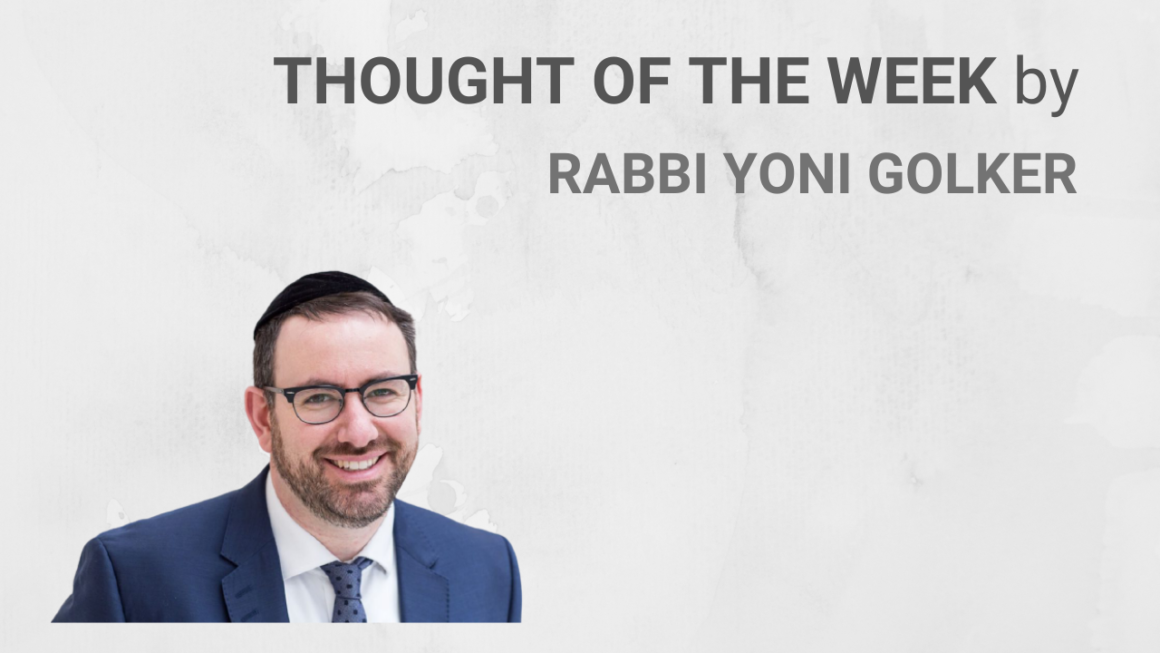Being the King in one’s Palace
The name of the parsha means ‘judges,’ and the theme of the parsha is ‘authority’ or ‘leadership’ – we encounter judges, kings, rebels and more. All societies require structure, and this needs some form of hierarchy – not inequality, but order and structure, which will inevitably entail some individuals being thrust into a position of authority.
A functioning society consequently has different people all playing different roles, but for its overall good and betterment – a higher purpose. However, as history has taught us ‘power corrupts and absolute power corrupts absolutely.’ Thus, checks and balances (Torah rules and criteria) are necessary for positions of authority to be effective.
Our parsha outlines the position of a Hebrew king, and explores the purpose of kingship, as well as laying down checks and limitations. A King of Israel was not above the law; on the contrary, he had to carry the law (a Torah scroll) around with him wherever he went as a reminder of the King of Kings, Almighty G-d, who was his supreme authority.
Originally, the Jewish nation had no kings. At Mount Sinai, G‑d told Moses that if the Jews would follow in His ways, they would be “a kingdom of priests and a holy nation.” If they would serve the one true King, they would have no need for a mortal replacement.
Of course, they needed a leader. But Moses was not a conventional king. He was G‑d’s servant, a humble shepherd rather than a supreme monarch. Moses passed this model of leadership on to his successor Joshua, who in turn transmitted it to his disciples.
G-d however foresaw that the need for a monarch would eventually arise. For most of its early history, the Israelite nation was led by judges and prophets. The prophets relayed the word of G‑d, while the judges counselled the people in times of peace and led them to battle in times of war.
The Torah is not emphatic when it comes to appointing a king: ‘when you come to the land…and ask for a king like the other nations, place before you a king from your brothers’… (17:14-15). Appointing a king is presented as optional, not obligatory. But the Gemara (Sanhedrin 20a) and most commentators explain otherwise. Indeed, appointing a king is reckoned as a mitzvah.
I think that in today’s world, we need to recognise our need to be “rulers” over our own lives. This is alluded to in the Sidra’s opening verse. “You shall set up judges and law enforcement officials for yourself in all your cities…” The Torah is informing us that there is a positive commandment for every community to have a court of qualified judges and law- enforcement officers to implement their decisions. As Jews we value the importance of Justice and law and order.
There is, however, a seemingly redundant word in the relevant text. The verse says “for yourself”. The Shelah HaKadosh (Isaiah b. Avraham Ha-Levi Horowitz (c.1555 –1630) understands that the Torah is telling us that the Jewish people not only had to set up physical protection around their cities, but that private individuals must place personal safeguards upon themselves. Thus, the word “judges” refers to the decisions that one makes, and the “enforcement officers” constitute the means of enforcing these decisions. In other words, we each have to undertake personal responsibility to make the right choices, in keeping with our tradition. The Shelah adds that the “gates” which need protecting refer to those parts of the body that are constantly facing external challenges.
Essentially, he is telling us something very simple to understand, but extremely hard to put into practice: the importance of self-control. Even though we rationally know something to be “right” or “wrong” at times, we are unable to make the best choices for ourselves.
May we all merit to be the King of our own free will and make choices that will make those around us, and our supreme King proud! Shabbat Shalom


